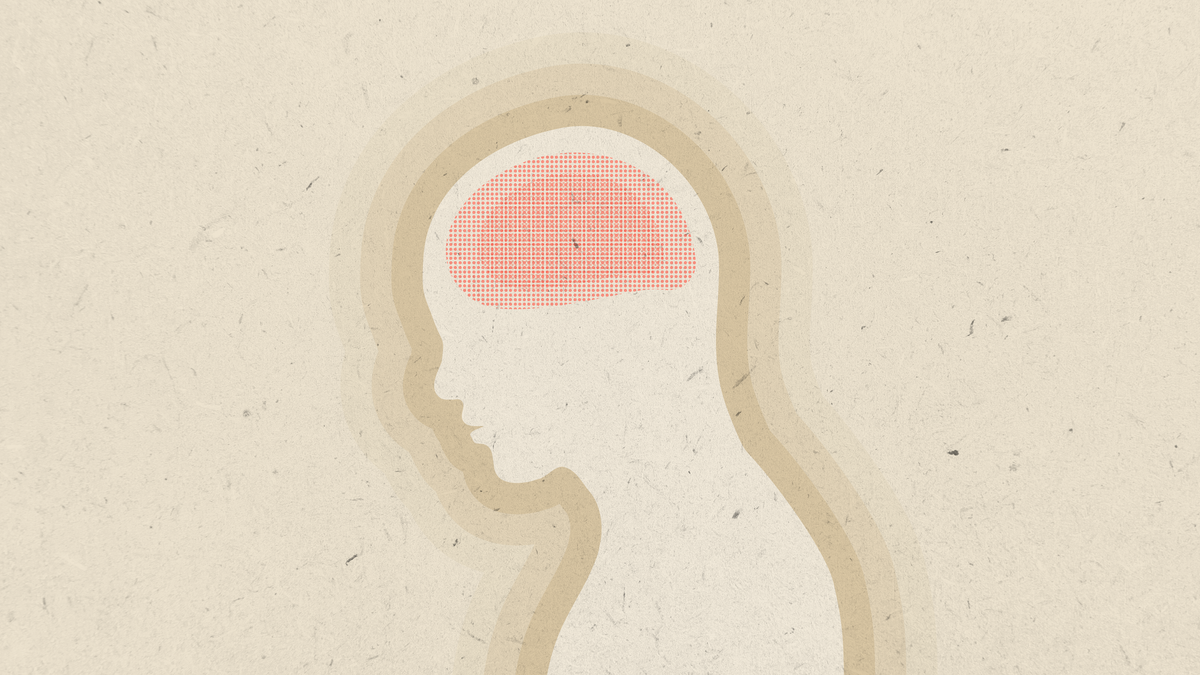Cell phone restrictions in schools spark debate about youth mental health
Plus, popular social media posts on Reddit call attention to ADHD stigma.

Plus, popular social media posts on Reddit call attention to ADHD stigma.
This past week, online conversation about mental health highlighted ADHD stigma and the impact of cell phones on youth mental health, with Virginia’s restriction of cell phone use in public schools driving the most significant spike. These conversations provide an opportunity for public health communicators to push out messaging about safer cell phone use and ADHD.

Insights brought to you by the reporters and science writers of Public Good News (PGN), a nonprofit newsroom dedicated to improving community health.
What’s trending nationally in conversations about mental health
On July 9, Virginia’s governor issued an executive order eliminating the use of cell phones in public school classrooms during instructional time. News of the executive order spread quickly across social media platforms, with one TikTok video garnering 15,900 likes and over 1,800 comments as of July 17. While some social media users celebrated the order as a means of improving learning and youth mental health, others said cell phones have no impact on mental health.
Another mental health conversation began when two social media posts highlighted stigma toward people with ADHD. On July 10, a Reddit user shared their experience getting a prescription filled for ADHD medication. According to the post, the pharmacist “rolled her eyes” and expressed reluctance to fill the prescription. The post received 932 upvotes and 279 comments as of July 17. Many commenters shared that they had faced barriers and stigma when trying to access ADHD medication.
A July 11 post on X explaining how people with ADHD often face patronizing and trivializing behavior from others received 218,900 views, 4,100 likes, 1,500 reposts, and 34 comments as of July 17. Many commenters shared their own experience with ADHD stigma. One commenter wrote, “Even the best, most understanding people without it accidently fall into stereotyping.”

Recommendations brought to you by the health communication experts behind Infodemiology.com.
Recommendations for public health professionals
Each week, the Infodemiology.com team will provide messaging recommendations in response to some of the trending narratives outlined above. These helpful tips can be used when creating content, updating web and FAQ pages, and developing strategy for messaging about mental health.
Trending conversations about cell phones and youth mental health provide an opportunity for public health departments, community organizations, and other partners to educate target populations about how cell phones—particularly social media apps—affect youth. Reiterating that spending more than three hours a day on social media has been linked to depression and anxiety in youth ages 12 to 15 is recommended. Recirculating existing content about mental health warning signs in children and explaining how parents can help their children set boundaries around cell phone use and foster open communication about their social media experiences is also recommended. Learn strategies for how parents can support youth from Yale Medicine. The recent uptick in conversation about ADHD stigma provides an opportunity to recirculate informational materials about ADHD symptoms and treatment options. Explaining that ADHD is a chronic condition that requires ongoing management is recommended.
